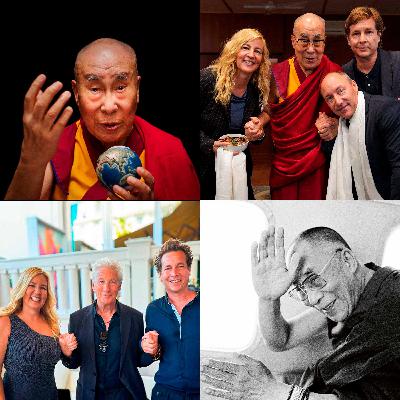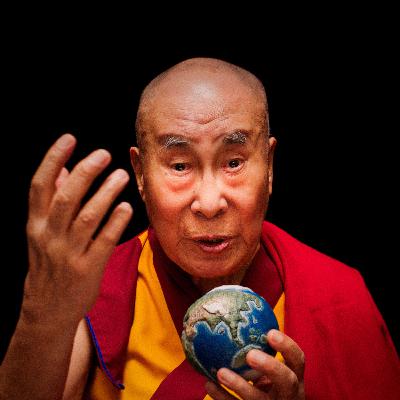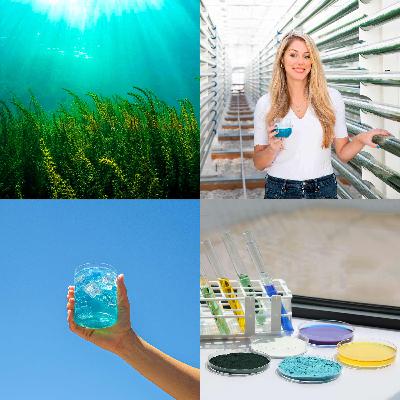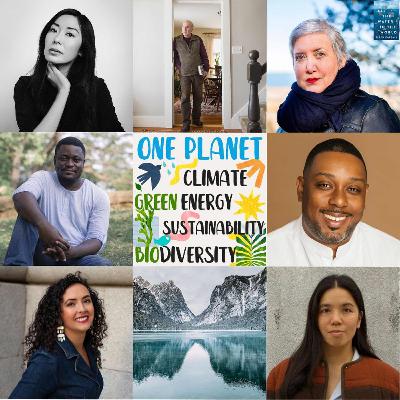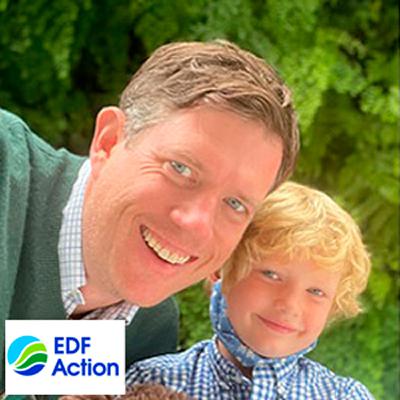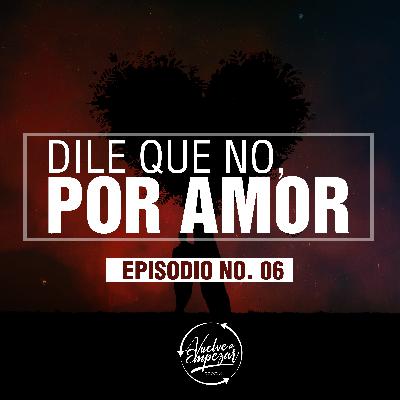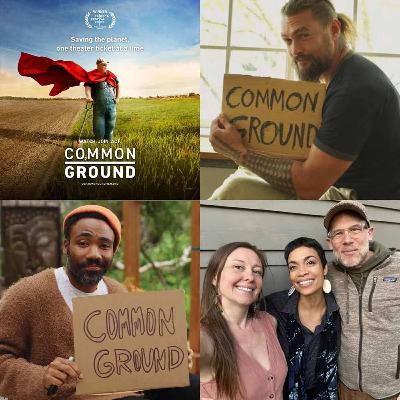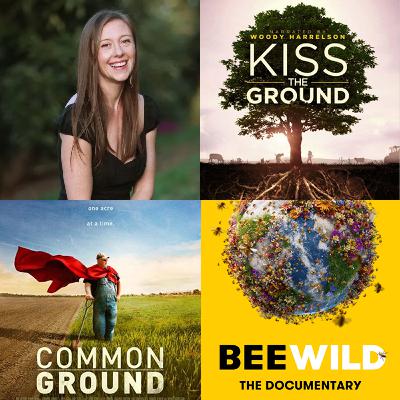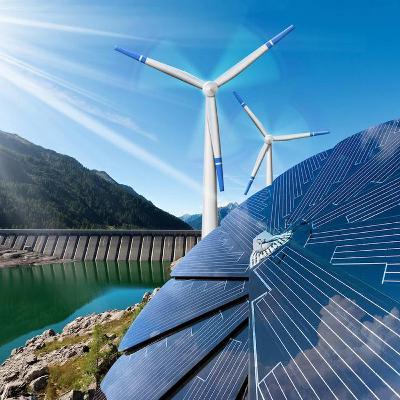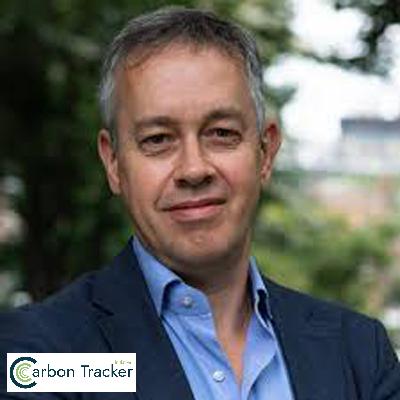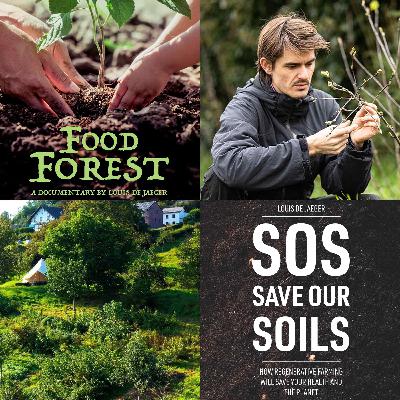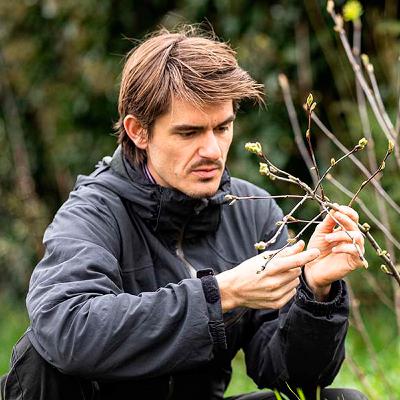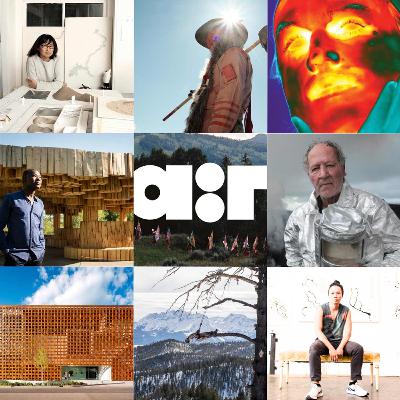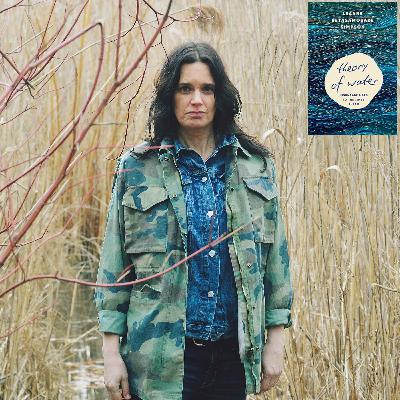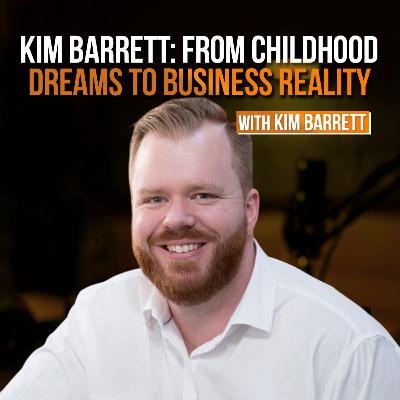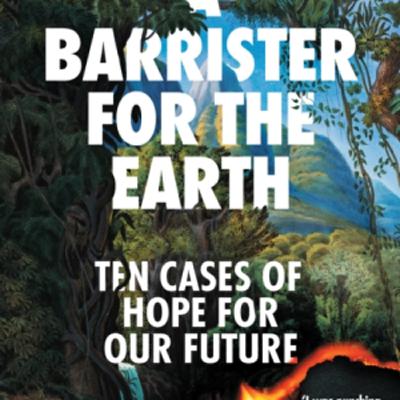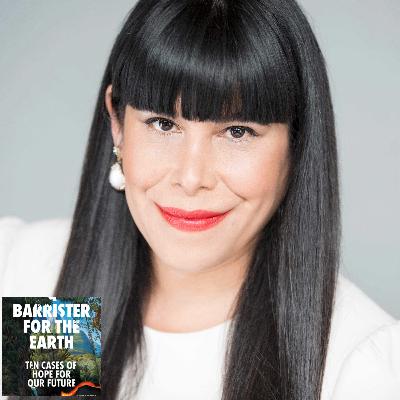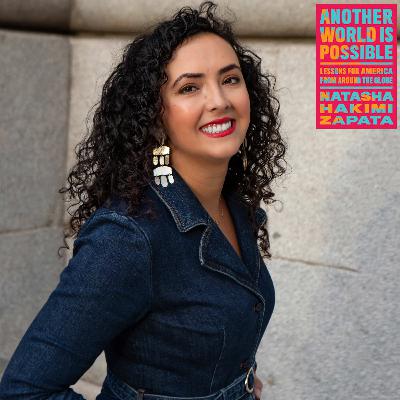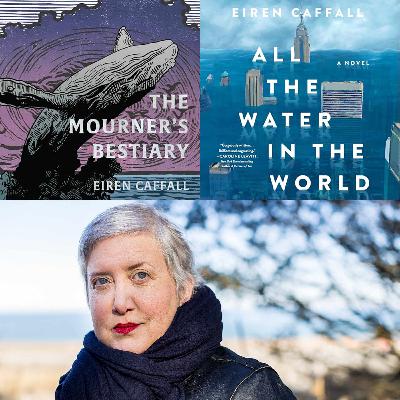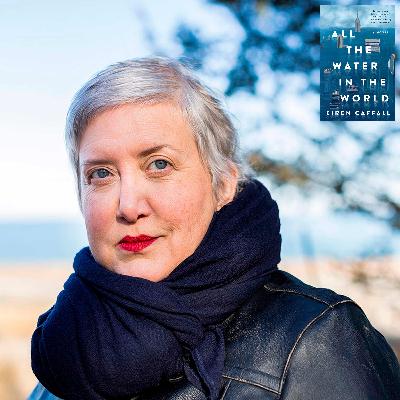
Sustainability, Climate Change, Renewable Energy, Politics, Activism, Biodiversity, Carbon Footprint, Wildlife, Regenerative Agriculture, Circular Economy, Extinction, Net-Zero · One Planet Podcast
Author: Mia Funk
Subscribed: 86Played: 918Description
The story of our environment may well be the most important story this century. We focus on issues facing people and the planet. Leading environmentalists, organizations, activists, and conservationists discuss meaningful ways to create a better and more sustainable future.
Participants include EARTHDAY.ORG, Greenpeace, UNESCO World Heritage Centre, PETA, European Environment Agency, Peter Singer, 350.org, UNESCO Mahatma Gandhi Institute of Education for Peace and Sustainable Development, Citizens’ Climate Lobby, Earth System Governance Project, Forest Stewardship Council, Global Witness, National Council for Climate Change, Sustainable Development and Public Leadership, Marine Stewardship Council, One Tree Planted, Polar Bears International, EarthLife Africa, Shimon Schwarzschild, and GAIA Centre, among others.
Interviews conducted by artist, activist, and educator Mia Funk with the participation of students and universities around the world. One Planet Podcast Is part of The Creative Process’ environmental initiative.
www.oneplanetpodcast.orgwww.creativeprocess.info
INSTAGRAM @creativeprocesspodcast


